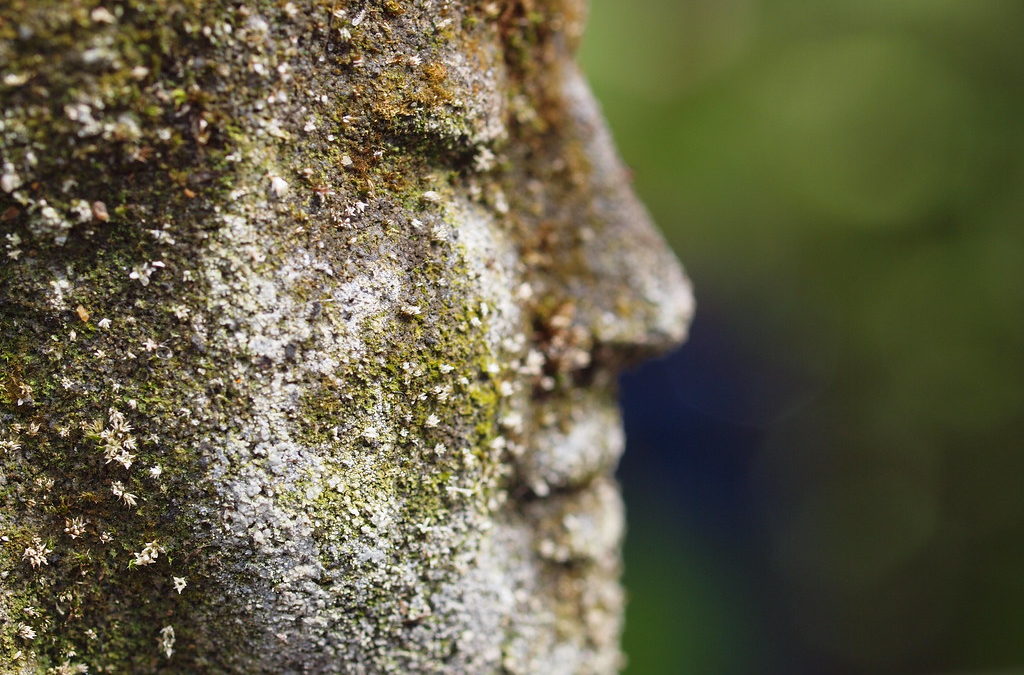You’ve probably heard about people who work with people who are dying and, in turn, learn a lot about life by listening to regrets and words of wisdom. One of these people is Bronnie Ware—an end of life nurse who chose to write down what her patients shared. This eventually became a book: The Top Five Regrets of the Dying – A Life Transformed by the Dearly Departed. If you’re curious about her, you can find her website here: https://bronnieware.com/blog/regrets-of-the-dying/
Of the regrets in life that people share, a common one is “I wish I had taken more risks.” When I first head about this many years ago, I reflected on my own life and realized that, up to that point, I never really took any big risks. As I thought about this over the coming years I found myself telling others that my greatest failure in life is that I have no great failures in life.
Somewhere during the season of my life that followed, and during these kinds of reflections, a popular question came to mind: “What would you do in life if you knew you wouldn’t fail?”
While I found this question to be helpful as I worked on some self-discovery about my passions and desires, I also found it to be unrealistic because I really could fail. This helped me consider taking more risk, but it didn’t get me over the hump as much as the author of that question may have thought iit would.
Another failure-related nugget of wisdom that has become really clear to me over the past ten years is that we grow more from adversity, and even failure, than from success. With this being the case, one could argue that if there isn’t enough failure in one’s background, he or she probably hasn’t grown as much as is possible.
Several people who have accomplished great things share that they had several big setbacks along the way. These people seem to talk more about how important it is just to get back up and keep going rather than being smart or clever. As I recently heard Nate Koetje (the CEO of Feyen Zylstra) say, “Sometimes you just have to follow the Dory model of leadership—you just keep swimming.” (If you don’t know what I’m talking about, watch the animated movie Finding Nemo and enjoy.)
Another piece of this failure puzzle that I have run across is that people say that their failure felt terrible while going through it, but years laters it didn’t seem like such a big deal—it’s often even appreciated later in life. It’s not uncommon to hear someone say, “While I would never wish this terrible thing on anyone else, I’m so grateful for what it did for me.”
The University of Virginia just won its first-ever national championship in men’s basketball. Some of you know their story. Last year they experienced the worst upset in NCAA tournament history when they, the highest ranked of the 64 teams in the tournament, lost to the lowest ranked team. That had never happened before.
This was shocking and very embarrassing to the team, their coach Tony Bennett, and their fans. But they sucked it up and embraced the reality of it. They held their chins up as high as they could and didn’t avoid the difficult interviews and comments that came their way. They used this colossal failure to fuel their growth to get better.
After winning their championship a few weeks ago, Tony Bennett quoted a TED talk that his wife attended where she heard the line, “If you learn to use [the adversity] right, it will buy you a ticket to a place you couldn’t have gone any other way.” He sees their historically painful loss as a key to his team overcoming the challenges they faced in this year’s tournament.
Another lesson from sports is the reality that the best baseball players of all time still failed over half of the time they were up to bat. The best basketball players miss more shots than they make, same for hockey and many other sports. Those who are excellent need to risk and deal with failure in order to achieve success. In hockey, “The Great One”, Wayne Gretzky, had a line that speaks to this: “You miss 100% of the shots you don’t take.”
All of these nuggets of wisdom have convinced me that I need to learn to take more risk and deal with any failure that might follow. I CAN’T let my fear of failure prevent me from showing up in the world with my passions and gifts, even though things may not go well.
Next week I’ll share more thoughts about this and a question that helps me be more courageous today.
In the meantime, I hope you make it a great week!
Rodg
Image by Patrick Sinot. Used under CC by 2.0 license.


This is well stated, I take fewer risks then there are opportunities before me. Thank you for the challenging words this morning!